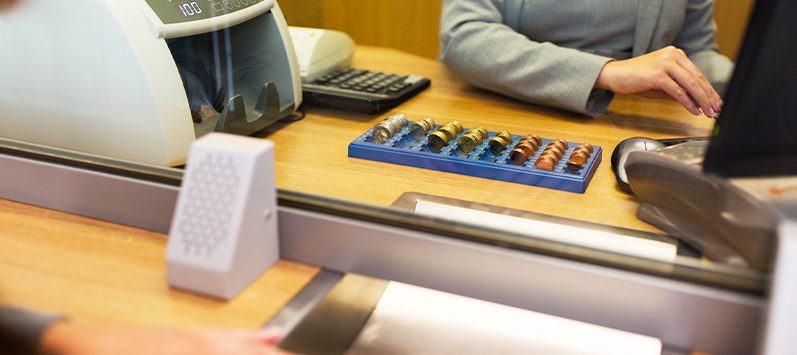Handling finances after the loss of a loved one can be confusing, especially when it comes to managing estate funds. One common question that arises is whether it’s appropriate, or even legal, to deposit an estate check into a personal account. The short answer: it depends on your role in the estate and the type of check. Here are some important tips to help you navigate the process properly and avoid potential financial or legal issues.
1. Understand What an Estate Check Represents
When someone passes away, their money and property become part of their estate. Any payments made after death, such as refunds, dividends, or final income checks, belong to that estate, not to individual family members. These funds must be handled through a designated estate account until the estate is formally settled.
If you receive a check made out to “The Estate of (Name),” it legally belongs to that entity, not to any one person. Depositing it into your personal account, even if you’re an heir or next of kin, could be considered a misuse of estate assets.
2. Open an Estate Account
If you’re the executor or personal representative of the estate, one of your first responsibilities is to open an estate bank account. This account allows you to deposit estate checks, pay final bills, and distribute assets according to the will or state law.
To open the account, most banks require:
- A certified death certificate
- Court issued Letters Testamentary, or Letters of Administration, if there’s no will
- Your identification as executor
Once the account is active, you can deposit checks made payable to the estate safely and transparently.
3. Avoid Mixing Personal and Estate Funds
Even if you’re both an heir and the executor, keep estate funds separate from personal finances. Mixing funds, known as commingling, can create tax complications, delay the probate process, or even expose you to liability.
Always document deposits, withdrawals, and expenses. Maintaining clear records will make closing the estate and filing taxes much smoother.
4. Handle Checks Made Out to You Personally
If the check is made out directly to you, rather than to the estate, you can typically deposit it into your personal account without issue. However, double-check the source of the funds. If the payment was intended for the estate, for example, a refund of the decedent’s medical bills, it should still go through the estate account.
5. Consult a Probate or Tax Professional
Estate finances can be complex, and rules vary by state and by bank. Before depositing any estate related check, it’s wise to consult a probate attorney or accountant familiar with estate administration. They can help ensure compliance with local laws, avoid delays, and prevent tax headaches down the road.
Depositing an estate check into a personal account may seem like a shortcut, but it can lead to serious legal and financial complications. Setting up a proper estate account, maintaining clear documentation, and following probate procedures will help protect you and honor the decedent’s estate properly.
When in doubt, always err on the side of transparency, and seek expert guidance to make sure every dollar is handled the right way.
–
Written by the staff writing team at HappyWriters.co




